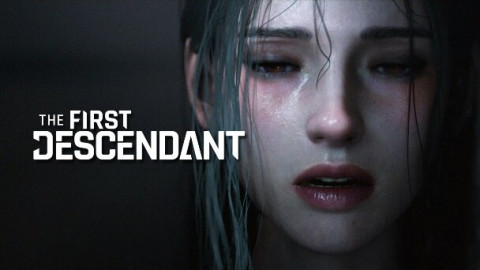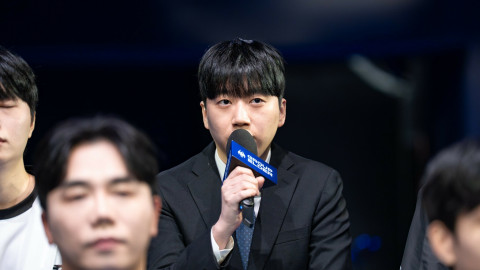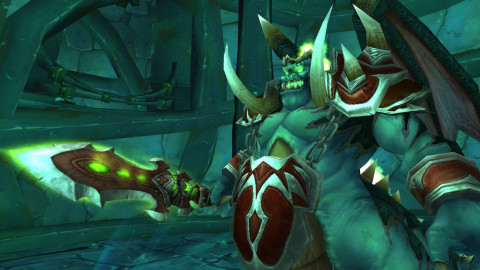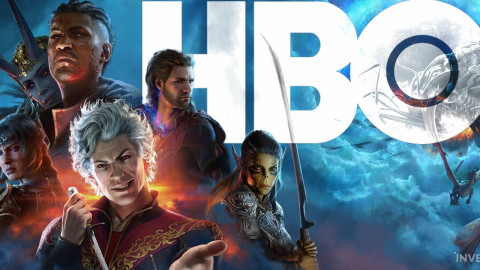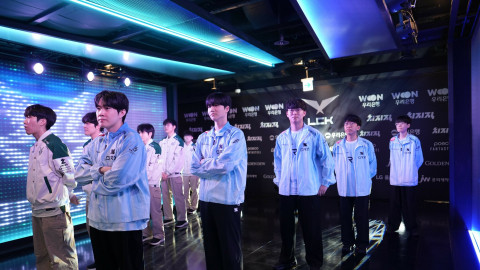
Whether you are playing with friends casually or trying to seriously rank up in Team League, voice communications are a vital part of Heroes of the Storm. The emphasis on focus firing, calling out targets, and using important cooldowns in unison is what separates a winning team from a losing one.
So, when the opportunity presents itself to join your friends in organized play, a shotcaller usually emerges. Are you up to the challenge? Here are the most important things to consider when shotcalling in Heroes of the Storm.
Inform, don’t proclaim
When multiple people are speaking, it’s easy to fill the airwaves with a chatter that doesn’t actually help a team win. To avoid this, a shot caller should learn the distinction between “informing” and “proclaiming”. To inform, is to give facts or information; to tell something. To proclaim, is to declare something one considers important with extra emphasis. Both have to do with sharing information, but when it comes to organized team play, a shotcaller that always proclaims things can negatively impact the entire team.
For example, imagine during a teamfight that an enemy Zeratul uses his Blink inefficiently and is out of position. The shotcaller notices this and wants to let his team know. The shot caller might sound one of two ways:
“Zeratul’s Blink is down!”
Or
“Zeratul Blinked in, kill him!”
The first example informs the team that Zeratul is potentially out of position and without Blink. The team can act accordingly and decide what to do with this information. Allies who were focused on other things are informed, but not distracted.
In the second example, the shot caller adds extra emphasis in the form of a command to kill Zeratul. In an instant, the team now has to process this order and decide whether or not they should listen to it or ignore it. This type of shot calling doesn’t consider the perspectives of the remaining four players on a team and, in doing so, might force sub-optimal plays.
All a shot caller can ever do is trust that their teammates will act intelligently with the information given to them. Once a shot caller starts declaring what is important, they needlessly distract their allies from other priorities and cause a dangerous tunnel vision effect.

Share what matters
Sharing what matters gets easier the more experienced you are with the game. When you share what matters, you are presenting information that is otherwise unavailable to your allies. This information helps your teammates play smarter, capitalize on opportunities, and work as a team.
A good shot caller informs allies about vital ability cooldowns, incoming enemy rotations, and enemy flanks during a team fight. Consider the following examples of good communication filled with information that actually matters:
“Heal in five seconds!”
“I can stun in three”
“I can shield when I get to you!”
“I can use the Healing Fountain in 20”
“I’ve almost completed my quest”
“Valeera is near me!”
This type of information helps a team work together and rely on each other. Learning this type of communication is especially important for support heroes, as friendly Assassin and Warriors can play with more confidence and efficiency if they know exactly when a heal is on it’s way.

Be calm, avoid salt.
It is difficult to keep an even tone while playing such a fast paced MOBA like Heroes, but a calm demeanor is vital to keeping your team playing at their best. Overly excited shot calls or emotional outbursts draw a team's focus away from the game and onto the person shotcalling. When a shot caller introduces intense or negative emotions to a team's communications, it creates hesitation in each of their allies.
Consider a situation where a shot caller is frustrated with an allied Valla’s tendency to play out-of-position. If the shot caller unloads the frustration onto the Valla player in a negative way, two things happen:
1. Valla will play out the remainder of the match worried that their play might cause another traumatic verbal scolding. As a result, he or she will be less focused on doing damage, less likely to take advantage of opportunistic moments and more focused on simply not dying.
2. The team loses confidence in their ability to win the game because their shotcaller is so audibly frustrated. By comparison, the opposing team begins to appear organized and unstoppable.
It’s almost never a good idea to combine strategic criticism with anger and frustration. It splits a player's attention and pulls focus away from actual gameplay. No one is perfect and frustration can be difficult to control, but try to save it until the game is over.
Conclusion
Even if you aren’t your playgroups dedicated shot caller, these tips will improve your communication and, as a result, your win percentage. It’s impossible for one player to notice every detail in a given match, so it is imperative for teammates to share the details that matter and trust in each others ability to best make use of it.
Disclaimer : The following article was written freely based on the author's opinion, and it may not necessarily represent Inven Global's editorial stance.
-

Warcraft 3 is my one true love and I will challenge anyone to a game of Super Smash Brothers Melee.
Sort by:
Comments :0

